It is truly unfortunate that even in this day and age, mental health is still burdened with stigma. Understanding the causes of mental health issues can not only help us spread awareness but also seek and provide help to those who need it.
The ugly reality of mental illness

Did you know that around 280 million people across the globe suffer from depression? According to the World Health Organization (WHO), about 7,00,000 people commit suicide each year.
Although depression is one of the common mental health issues with about 5% of adults suffering from it, there are many other forms of mental disorders, such as Generalized Anxiety Disorder (GAD), Obsessive-Compulsive Disorder (OCD), Bipolar Disorder, Schizophrenia, addictive behaviors, eating disorders etc. However, everyone’s experience of mental health issues and illnesses are unique and very different. While one person may develop the symptoms of a mental illness due to a particular trigger, like abuse, another person may not be even bothered by the same trigger.
The fact is mental health issues tend to rear their ugly head due to the presence of a number of different factors and may not necessarily be caused by one single factor or experience. Most experts believe that mental health issues are caused by a combination of different factors, like genetics, environmental, biology, psychological etc.
Related: 30 Shocking Facts About Mental Health That Can Change How You See Mental Illness
It is only by understanding the leading causes of mental health issues can we be able to cope with mental illness and help everyone build a better, healthier and happier life for themselves.
What is mental health?
Mental health includes our psychological, emotional & social well-being. It influences how we think, feel and act by affecting our cognition, perception & behavior. Good mental health helps us cope with daily challenges and life stressors in a healthy way, build positive relationships and make better decisions. Poor mental health can negatively affect our education, career, interpersonal relationships, social reputation, health and personal life. However, it should be noted that poor mental health is separate from mental illness or mental disorders, although the terms are mistakenly used interchangeably.
When an individual experiences poor mental health, it does not necessarily mean that they have a mental illness. Mental illness can involve a variety of psychiatric disorders that can affect our thoughts, emotions, moods and behaviors. However, poor mental health can become a mental health problem which can lead to the onset of psychological conditions. This is why understanding the causes of mental health issues is important.
Almost all of us experience mental health issues at times. However, when such concerns are left unaddressed over a long period of time, it can affect our ability to function normally and deal with daily stressors. This can lead to a serious mental illness that will require a proper medical diagnosis and treatment for effective recovery. With treatment involving therapy and medication, one can overcome the symptoms and live healthier.
Related: What Is Good Mental Health?
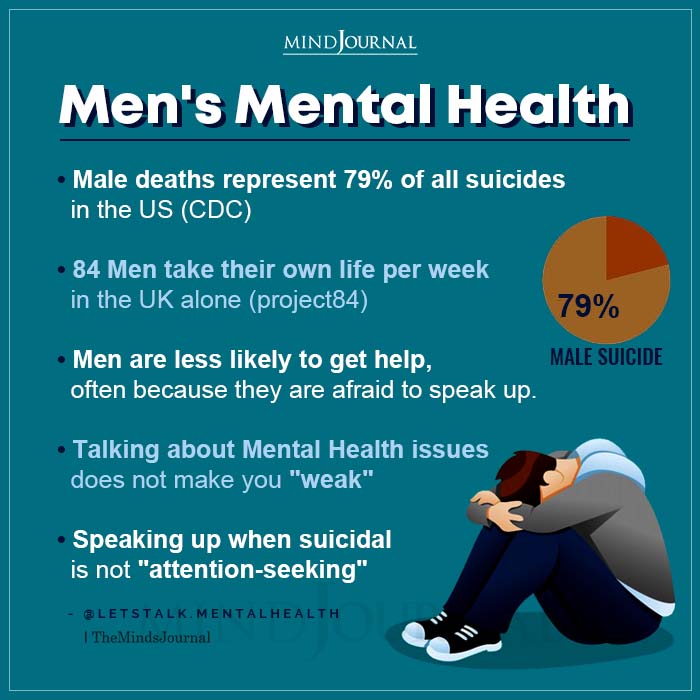
6 Main causes of mental health issues
Do you have a mental health problem? Approximately 50% of adults experience some sort of a mental disorder at least once in their lifetime. Hence, it is of utmost importance that we learn about the roots of mental illness as that is the key to healing and recovery. According to experts, no specific or single factor has been identified for the onset of mental disorders. However, there are several risk factors and causes of mental health issues in adults that lead to mental illness.
Here are some of the leading causes of mental health issues –
1. Genetics
Genetic predisposition is one of the most common causes of mental health issues in youth and adults. It means if you have a first degree family member, such as parents, siblings or even blood relatives with a mental illness, then you have higher chances of developing a similar mental condition. It is said that mental illness often runs in the family as genetic variants in family members increase the risk of developing a particular mental illness. A recent 2021 study has found that “genetic influences occur to the offspring whose parents have been diagnosed with mental diseases.” Hence, children of parents with mental illnesses are more likely to develop psychiatric conditions than the children of the parents without any mental illnesses.
However, it is not necessary that you will develop the same condition that your family member has. It also does not guarantee that someone will develop the same, related or a different mental condition simply because it runs in their family. OCD, bipolar disorder and depression tend to have the strongest genetic component. “Genetic research has produced intriguing biological insights into mental illness, showing that particular gene variations predispose some individuals to conditions such as depression and schizophrenia,” explains a 2007 study. However, environmental and biological factors also play a very important role in the onset of mental diseases.
Related: Stars Who Have Battled Mental Health Issues And Won Over Them
2. Environmental factors
Growing up in a stressful environment, living a life full of challenges and adverse life experiences are some of the primary causes of mental health issues in children, adults and older individuals. Certain experiences can often trigger the onset of mental illness by putting excessive stress in your brain, such as –
- Childhood abuse
- Trauma
- Chronic stress
- Having a dysfunctional family
- Poverty
- Physical environment
- Substance abuse
- Other factors
In this context, psychologists define “environment” as everything except an inherited gene. It includes the psychological, emotional and physical environment of a person. Here are some of the most common environmental risk factors for mental health issues –
A. Abuse & neglect
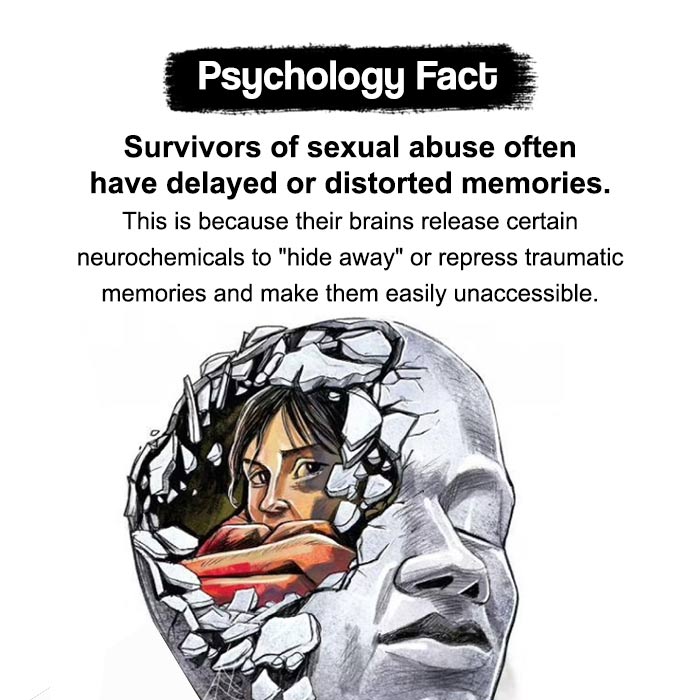
Emotional, physical, or sexual abuse and other similar adverse life experiences, such as witnessing domestic violence, is one of the main causes of mental health issues. Recent research shows that adverse childhood experiences (ACEs), like abuse, neglect, bullying and household dysfunction tend to be strongly linked to different physical, social, emotional and behavioral problems that arise in adulthood. However, it can also cause mental health issues in childhood. “Childhood mental health diagnoses are relatively common, with prevalence rates being around 10% of children between the ages of 5 and 16,” add the researchers. However, abuse experienced in adulthood can also lead to psychological conditions as well.
But abuse experienced in childhood can have a stronger impact on someone’s psyche and have a lasting negative effect on their thoughts, emotions and behavior. Abuse and domestic violence, experienced whether in childhood or adulthood, can lead to the development of anxiety, depression, post traumatic stress disorder (PTSD) and substance abuse. As a result, several adults use unhealthy forms of self-medication, such as drugs and alcohol. Having a history of ACEs in adulthood can lead to “several co-occurring mental and somatic disorders such as posttraumatic stress disorder, depression, borderline personality disorder, obesity and diabetes,” explains a 2018 study.
Related: Do You Have Crippling Depression? Here Are The Signs You Should Know About
B. Trauma
Traumatic events, whether experienced in childhood or adulthood, can have a deep and serious impact on our mental health. Unfortunately, trauma experienced in the past can strongly influence your life later even if you are no longer experiencing stressful environmental factors at present.
Common traumatic experiences that can cause mental health issues include, but are not limited to –
- Natural disasters
- Physical or emotional abuse
- Sexual assault or rape
- Bullying
- Loss of a loved one
- Hospitalization or terminal illness
- History of abusive life experiences
However, it is not necessary that one has to experience a serious or life-altering traumatic event to have an adverse impact on their mental health. Negligible daily experiences that occur repeatedly over a long period of time can also be traumatic and can damage our mental health. For instance, facing discrimination & violence on a daily basis is common for marginalized groups, but it can be seriously devastating in later life. Such experiences can also be significant causes of mental health issues.
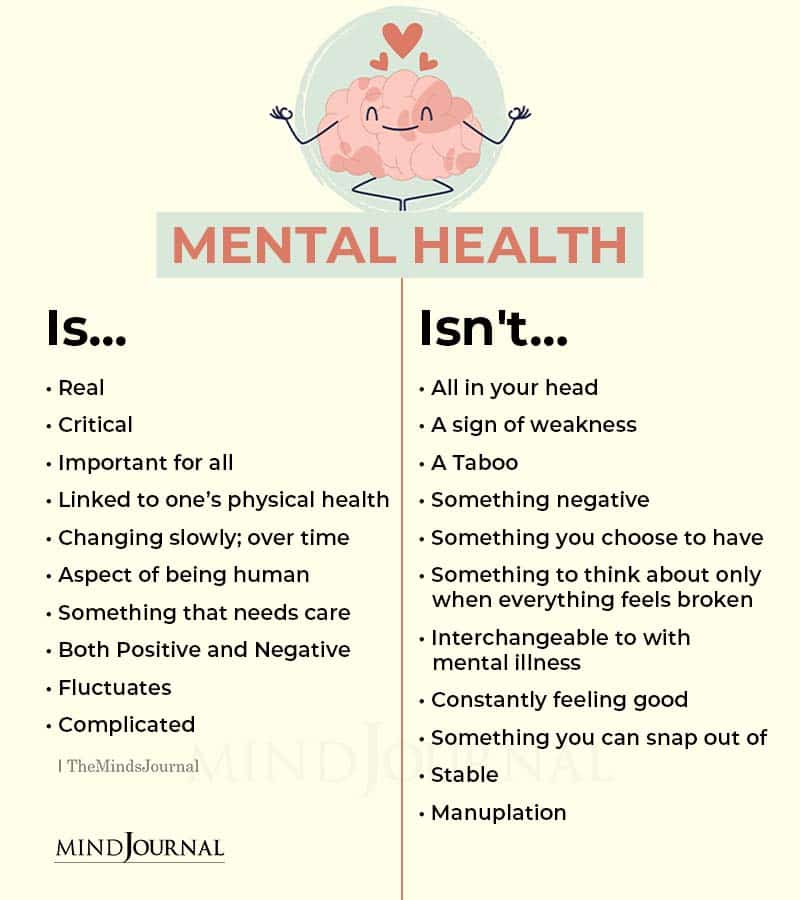
Repeated trauma can alter the chemical structure of the brain and negatively affect different brain regions such as adrenal and pituitary systems, hypothalamus, the limbic system and reward & pleasure systems. This can drastically distort our thoughts and emotions resulting in the onset of mental illness. Long-term trauma can cause the following –
- Anxiety
- Major depression
- Nightmares & flashbacks
- Post traumatic stress disorder (PTSD)
- Schizophrenia
- Social isolation & loneliness
- Substance abuse
- Suicidality
Related: 10 Anxious Behaviors That Could Actually Be Trauma Responses
Substance abuse can lead to worsening of symptoms and add to the problem further by causing addiction, along with mental illness. Studies show that experiencing at least one interpersonal or non-interpersonal traumatic event in a person’s lifetime can lead to depression, anxiety, and PTSD symptoms. “Exposure to a higher number of trauma types was associated with increased risk of having depression, anxiety, and PTSD symptoms,” adds the study. In fact, one 2007 study found that about 91% of surveyed patients in a psychiatric hospital in Western Norway were exposed to at least one trauma, while 69% were exposed to repeated trauma for a long period of time.
“Traumatized patients appear to be under- or misdiagnosed which could have an impact on the efficiency of treatment,” suggest the researchers. The prevalence and causes of mental health issues can help us better understand the impact of mental illness and how we can treat them.
C. Loss of a loved one
The death of a family member or loved one is one of the most saddest and hardest experiences in life. Losing a loved one can result in intense sadness, grief, bereavement and even anger. While all of us go through the different stages of grief after losing someone we love, for some individuals, these emotions can be extremely intense. Hence, they are unable to cope with such difficult emotions. When left unaddressed, these emotions become worse and lead to the onset of different mental conditions like anxiety, depression, bipolar disorder etc. This is undoubtedly one of the saddest causes of mental health issues.
This can be especially true if the death of a loved one occurred unexpectedly and suddenly. A sudden loss can leave the person shocked, confused, distressed and even traumatized. When we lose someone we love and care about, their death can make us feel lost, isolated and lonely. We may feel like we have lost all meaning in our lives and are left with feelings of emptiness, hopelessness and helplessness. We tend to feel like we have died along with our loved one, which makes us avoid our other family members and friends, making us trapped in withdrawal, isolation and mental health issues.
According to a 2015 study, unexpected death of a loved one is considered as “the most common traumatic experience” by adults in the US general population, and is considered “worst” regardless of other traumatic experiences. The researchers found that loss of a loved one can lead to increased incidence of major depressive episodes, mania, panic disorder, and post-traumatic stress disorder. “The bereavement period is associated with elevated risk for the onset of multiple psychiatric disorders,” add the researchers. It can also increase the risk of suicide and death from heart disease, found a 1998 study. It found that grief can also result in a number of psychosomatic and psychiatric disorders. “After a major loss, such as the death of a spouse or child, up to a third of the people most directly affected will suffer detrimental effects on their physical or mental health, or both,” concludes the study.
Related: The Five Stages Of Grief: Exploring The Kübler-Ross Model
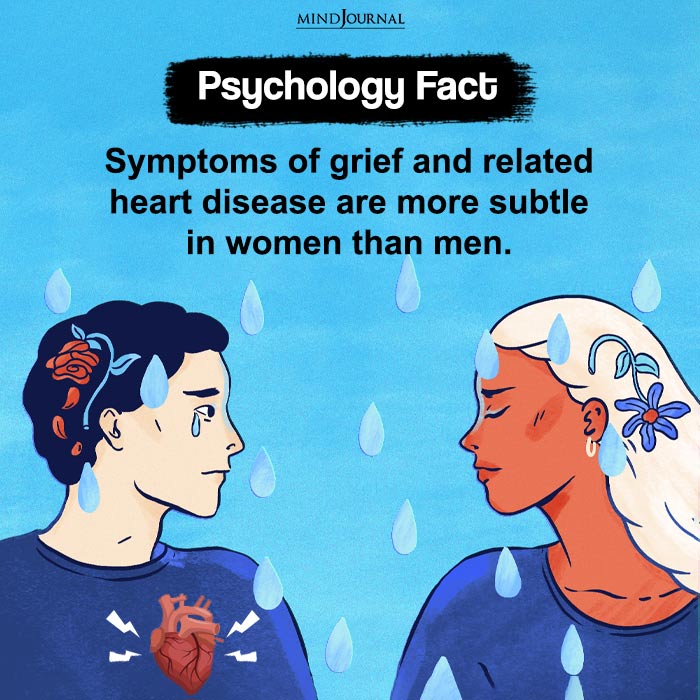
D. Discrimination and stigma
Experiencing discrimination or stigma on a regular basis can also be one of the causes of mental health issues. Systemic discrimination, whether covert or overt, faced by different individuals like the LGBTQ+ community, minority groups, people with disabilities and people of colour, can leave a serious impact on mental health. Discrimination & stigma commonly results in isolation, withdrawal, post-traumatic stress disorder, depression, stress and anxiety. It can also make existing psychiatric disorders and may even lead to suicidality.
One 2021 study found that “Racism is significantly related to poor health, including mental health.” Research also revealed that racial & ethnic discrimination experienced by adolescents and young adults can result in seriously adverse mental health outcomes, with life stressors further worsening their mental health. Further studies have shown that there is a “heightened prevalence of depressive and anxiety disorders among lesbian, gay, and bisexual groups as compared to heterosexuals.”
3. Biological factors
Changes in brain structure can also be one of the causes of mental health issues. Studies have confirmed that the brain plays a crucial role in the onset of mental illness. In fact, an imbalance of brain chemicals can also trigger mental health issues. Researchers explain “Most scientists believe that mental illnesses result from problems with the communication between neurons in the brain (neurotransmission).” For instance, people who suffer from depression tend to have lower levels of the neurotransmitter serotonin.
Moreover, brain injury or brain damage, whether due to accident or due to birth, can also directly lead to the development of mental illnesses, such as depression, PTSD, OCD, psychosis and mania. Having concussions can also be a factor in experiencing mental disorders. However, psychological issues that develop due to brain damage or concussions can take a lot of time to identify due to the complex nature of the human brain.
Studies show that traumatic brain injury (TBI) can cause “impairing and persistent mental illnesses,” such as –
- Attention-Deficit / Hyperactivity Disorder (ADHD)
- Personality disorders
- Aggression
- Post-concussive symptoms
- Internalizing disorders
- Cognitive and social function impairments
Related: Everything You Need To Know About Bipolar Disorder
4. Infections
Certain infections, such as bacterial infections, can result in mental health issues negatively affecting the brain and brain chemicals. Brain damage caused by infections can even worsen the symptoms of any existing or underlying mental illnesses. Children are more susceptible to developing psychological conditions due to infection. For instance, the pediatric autoimmune neuropsychiatric disorder (PANDAS), a condition caused by the Streptococcus bacteria, is associated with the development of obsessive-compulsive disorder (OCD), tic disorder, and other psychiatric disorders in children. Recent research shows that infectious agents can amplify inflammatory reactions and indirectly result in neuropsychiatric disorders (NPDs).
5. Substance abuse

Abusing drugs and alcohol over a long period of time can be one of the causes of mental health issues. Substance abuse can not only trigger the onset of anxiety, paranoia and depression, it can also make recovery from mental illness harder and longer. “Substance use and addiction can contribute to the development of mental illness,” explains a research report. Substance abuse commonly leads to different co-occurring mental disorders where one or multiple psychiatric and addictive conditions are present at the same time. It has been observed that several patients with depression often tend to suffer from alcohol use disorder as well.
As most individuals suffering from a mental illness do not seek medical help, they try to self-medicate their mental health issues with drugs and alcohol. This can not only make existing or underlying psychiatric conditions worse, it may even trigger mental health problems as well. Long-term substance abuse negatively affects the brain and drastically alters a person’s brain chemistry. This can lead to changes in brain structures and physical and chemical disruptions, which can cause mental illness. According to a 2020 study, substance use disorder (SUD) significantly increases the risk of mental illness like anxiety, depression, personality disorders, eating disorders and abnormal mood changes.
Related: Alcoholism And Mental Health
Further research reveals substance use disorders tend to “co-occur at high prevalence with mental disorders”, such as –
- Generalized anxiety disorder
- Panic disorder
- Post-traumatic stress disorder (PTSD)
- Bipolar disorder
- Depression
- Attention-deficit hyperactivity disorder (ADHD)
- Borderline personality disorder
- Antisocial personality disorder
- Psychotic illness
“Patients with schizophrenia have higher rates of alcohol, tobacco, and drug use disorders than the general population,” add the researchers.
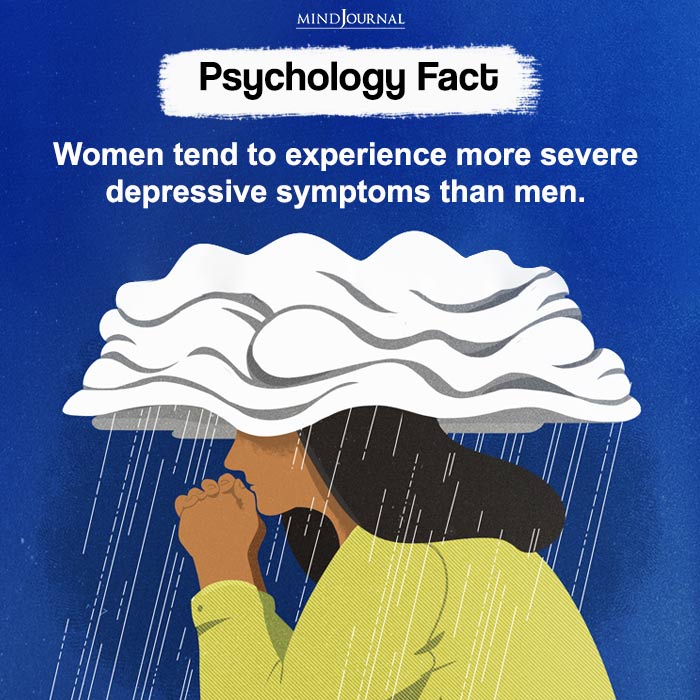
6. Other causes of mental illness
Apart from the causes of mental health issues mentioned above, there are several other risk factors that can trigger the development of psychological disorders in someone. Some of them are mentioned below –
- Loneliness or social isolation
- Financial debt, poverty or social disadvantage
- Chronic stress
- Physical causes like, long-term physical illness, cancer, neurological conditions or head injury
- Getting fired or unemployment
- Being a caregiver for a long period of time
- Homelessness
- Prenatal damage or early fetal brain development disruption
- Being pessimistic and having a negative attitude
- Self-criticism and self-hatred
- Sleep deprivation and poor nutrition
- Exposure to toxins or pollutants in early life
- Hazardous work conditions
- Extreme weather like severe winter or summer
- Lack of religiosity or spirituality
- Lack of any hobbies, interests or meaningful pursuits
- Toxic relationships
- Inability to relax or practice self-care
- Lifestyle factors like work-life balance
Related: 5 Unhealthy Habits That Are Making Your Depression Worse
Now you know what causes mental health problems and what risk factors influence the onset of such conditions.
Recovery is possible

Once we know about the causes of mental health issues, a doctor can better identify the condition and develop a treatment plan. While there can be many other causes of mental illness, the factors mentioned above are the most common causes for someone developing a psychological condition. Seeking medical help early can help a person better manage their symptoms and live a productive & healthy life.
Related: What Is Lofi Music? 5 Reasons Why It Is Good For Your Mental Health
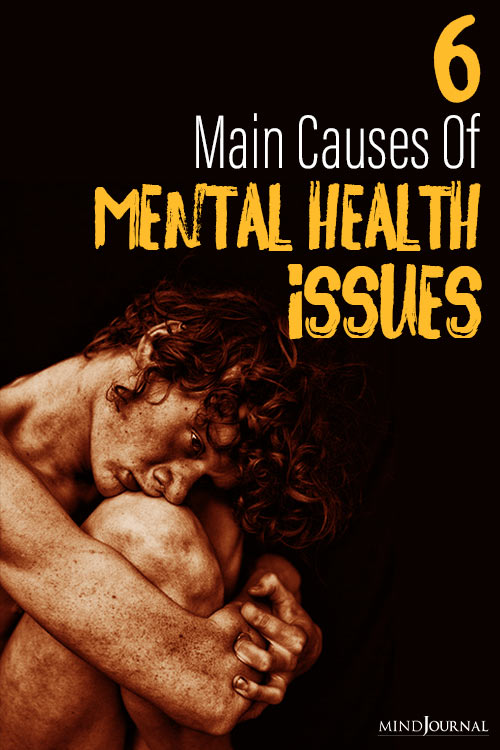


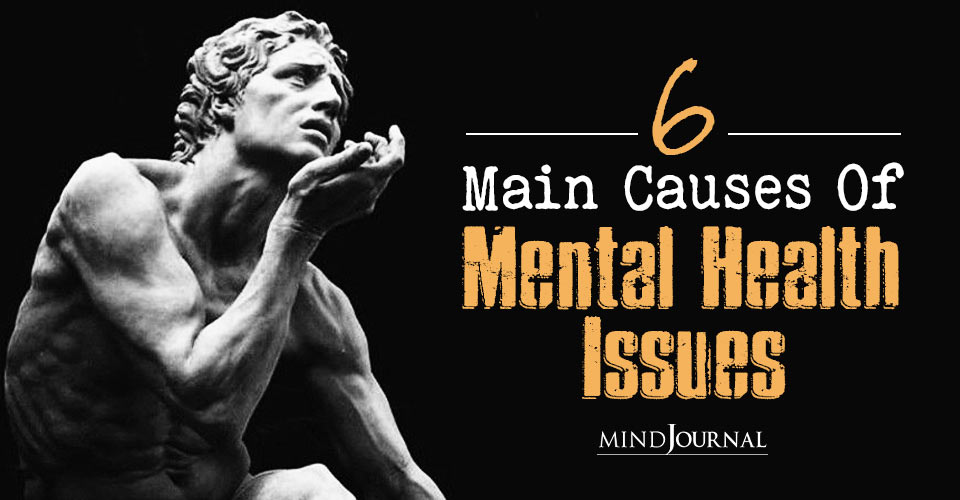







Leave a Reply